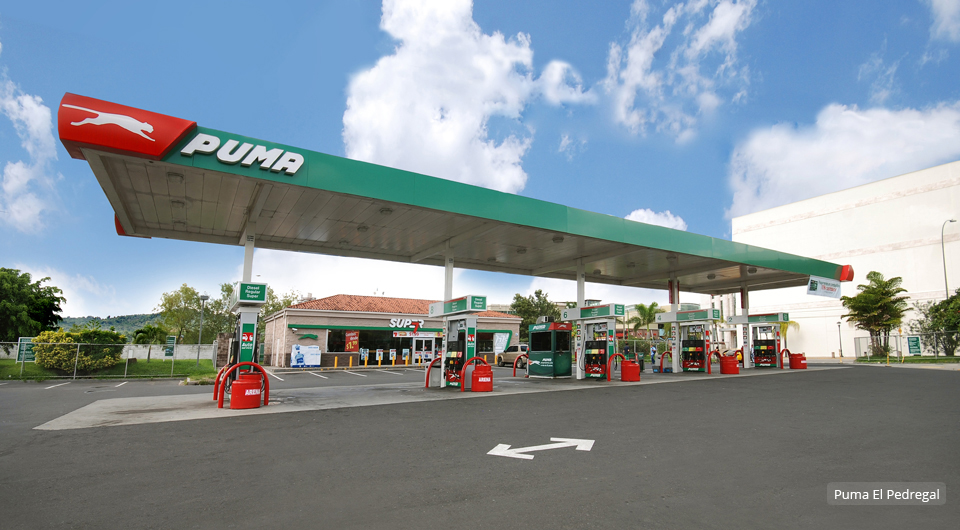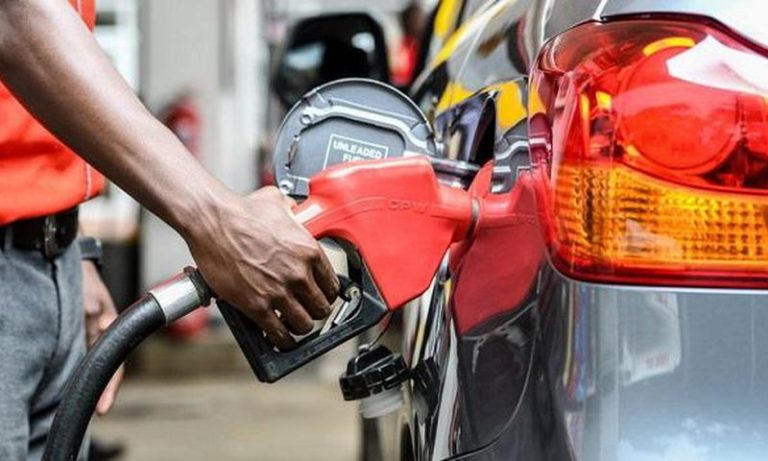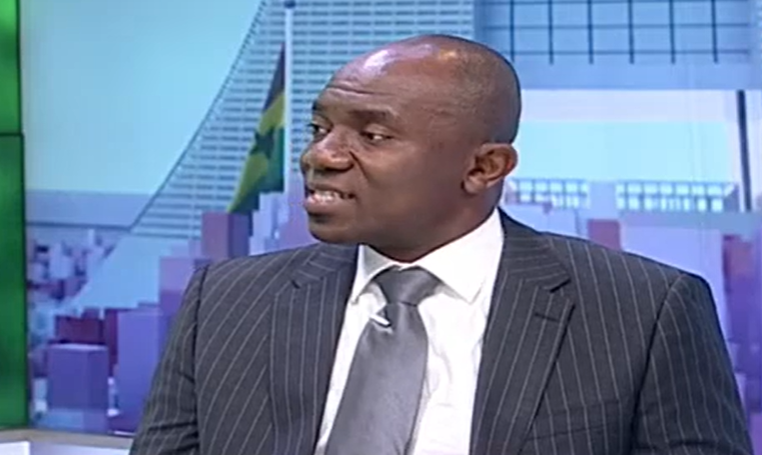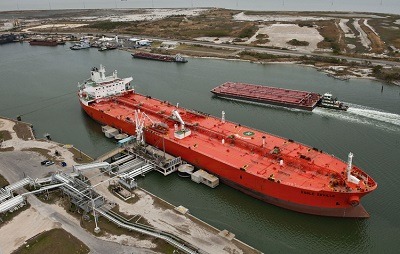The Institute of Energy Security (IES) is predicting that prices of fuel at the various pumps are expected to reduce by between 3 and 5 percent within the second pricing window in June starting from Monday, June 17.
This the Institute is attributing to developments on the international market.
Per the international market figures, average Brent crude price has fallen by 9.50%, Gasoline by 14.86% and Gasoil by 10.88%.
According to the Institute of Energy Security (IES), the window under review saw prices of Gasoline and Gasoil remain largely unchanged due to a strong intervention by the National Petroleum Authority (NPA).
Currently, average prices of petrol and diesel still stand at GHS5.21 pesewas, and GHS5.18 respectively.
Also in the window, the Ghana Standards Authority (GSA) uncovered ‘pump-cheating’ by some select Oil Marketing Companies (OMCs) in Accra.
On the world market, prices for coal, natural gas, LNG and crude oil have all dropped significantly in recent weeks.
Analysts have attributed this development to the fear of global economic growth slowing.
In an interview with Citi Business News Research Analyst at the Institute for Energy Security (IES), Mikdad Mohammed said all things being equal, fuel prices on the local market will fall.
“On the International market, brent crude has gone down, the finished product, gasoline and gasoil too have gone down and these are heavy reductions on the international market. I dare say since November last year, we have not had such huge reductions on the international market” he stated.
The IES also believes the somewhat stability of the cedi could be attributed to the reduction.
IES economic Desk computed figures show that the cedi depreciated by 1.32%.
The cedi which sold at 5cedis,29pesewas two weeks ago at the last window is currently selling at 5cedis, 36 pesewas.
Meanwhile, the IES wants the Ghana Standards Authority and the National Petroleum Authority (NPA) to enforce stricter sanctions to Oil Marketing Companies who shortchange customers.
About ten OMCs were caught cheating customers at the various pumps during a random visit by the GSA and the Chamber of Petroleum Consumers (COPEC). They were thus fined 5,000 cedis each for the conduct.
But Mikdad Mohammed believes the GSA and the NPA must intensify their monitoring of the fuel retail market to ensure Ghanaians get quality fuel at their money’s worth.
“That is not enough because if the fuel station in a day is selling to 400 customers and they are cheating every customer by a litre, in six months you can calculate and imagine their returns. This is why we cannot even address the illegal fuel export. They must prosecute the individuals involved and equally getting the OMC’s to take action against the particular officials or attendants who are involved,” he said.
–
Source: GhanaWeb





